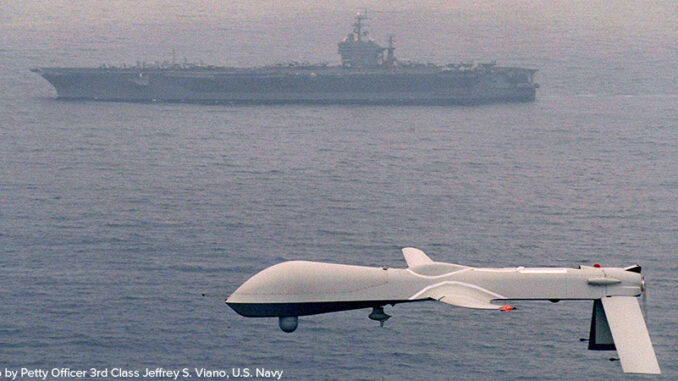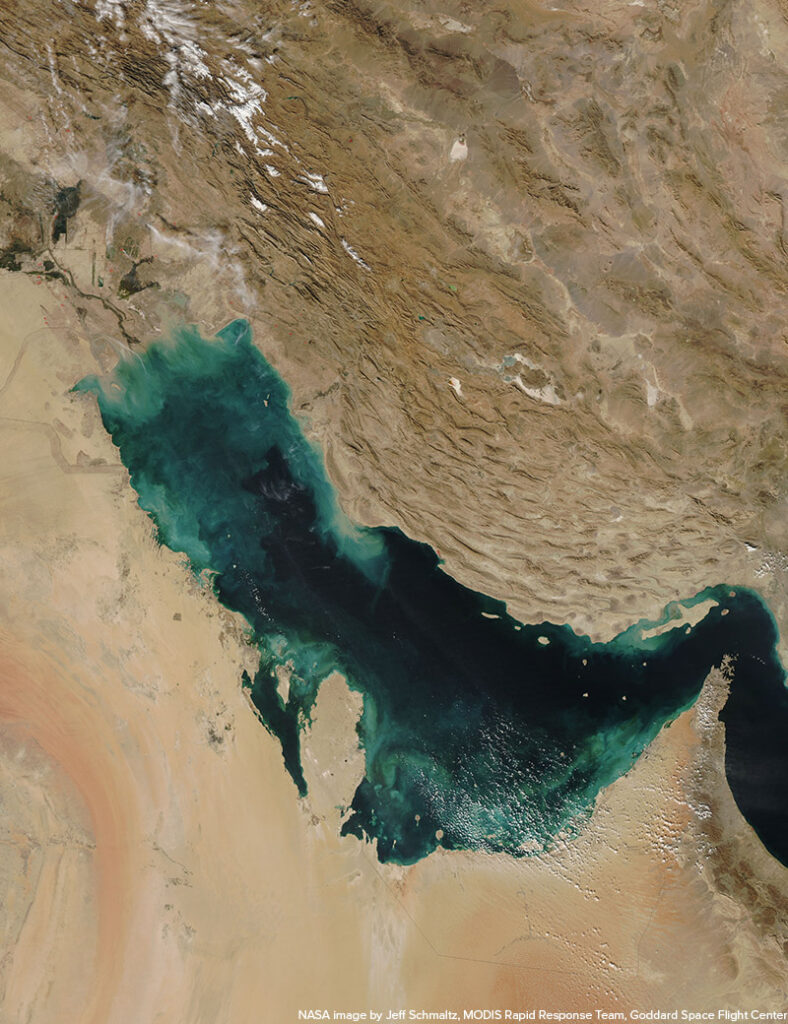
Earlier this month, btw brought you the story of rising tensions between the United States and Iran over the explosion of two oil tankers in the Gulf of Oman. Since then, the relationship between the two countries has continued to deteriorate. Here, btw takes a closer look at what’s happening now.
Looking Back….
Tensions between the U.S. and Iran have increased steadily ever since Trump took office in 2016. First, he pulled the U.S. out of the Joint Comprehensive Plan of Action (JCPOA), an Obama-era deal that relaxed economic sanctions against Iran in exchange for Iran agreeing to scale back its nuclear program. Trump then proceeded to ramp up economic sanctions again, first targeting Iran’s banking and oil industries, then the country’s metal industries. Iran responded by threatening to intensify its nuclear program.

Fast forward to this spring. On June 13, two oil tankers in the Gulf of Oman experienced serious explosions, causing evacuations of all crew members and causing significant damage to the tankers. While the ships both were owned by other nations and bound for ports in Asia, the United States immediately condemned the attacks and assigned the blame for them to Iran. (To be clear, the reason this incident matters to the U.S. is because the U.S. polices the Persian Gulf, a vital oil shipping route.) Iran denied responsibility for the attacks.
Looking at Now…
Then, last week, Iran shot down a U.S. RQ-4A Global Hawk surveillance drone over the Gulf of Oman. Aside from the loss of the drone–which cost $110 million–this attack was troubling because it exhibited Iran’s very real military capabilities, including vastly improved radar technologies. For several hours following the incident, it looked like the two nations might be on the brink of war.
Luckily, that didn’t happen. Instead, the Federal Aviation Administration (FAA) responded by issuing an order to prohibit any U.S. commercial airlines from passing through Iranian airspace. The FAA expressed concern over the rising political tension and increasing levels of military activity in the region. In other words: according to the FAA, if Iran is shooting down drones, there’s a chance they could accidentally shoot down a U.S. commercial aircraft as well.
Looking Ahead….
So what does this incident actually mean for the relationship between the U.S. and Iran? Nothing good. True, the two nations avoided going to war over the attack. And Iranian leadership continues to deny having anything to do with the attacks on the tankers this spring, though the international community still believes Iran to be responsible. At the same time, however, Iran is openly continuing with the buildup of its nuclear program. In fact, they are apparently just days away from surpassing the limit on the number of weapons it is allowed to stockpile under the JCPOA agreement.
